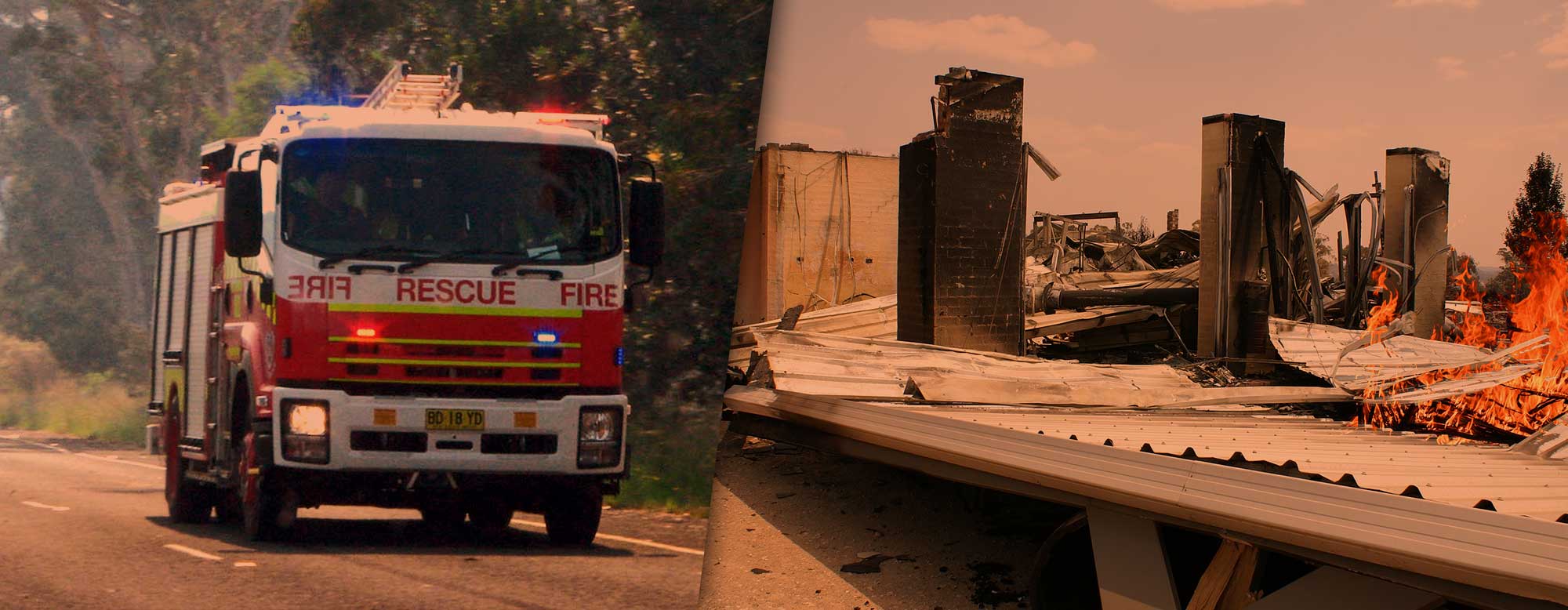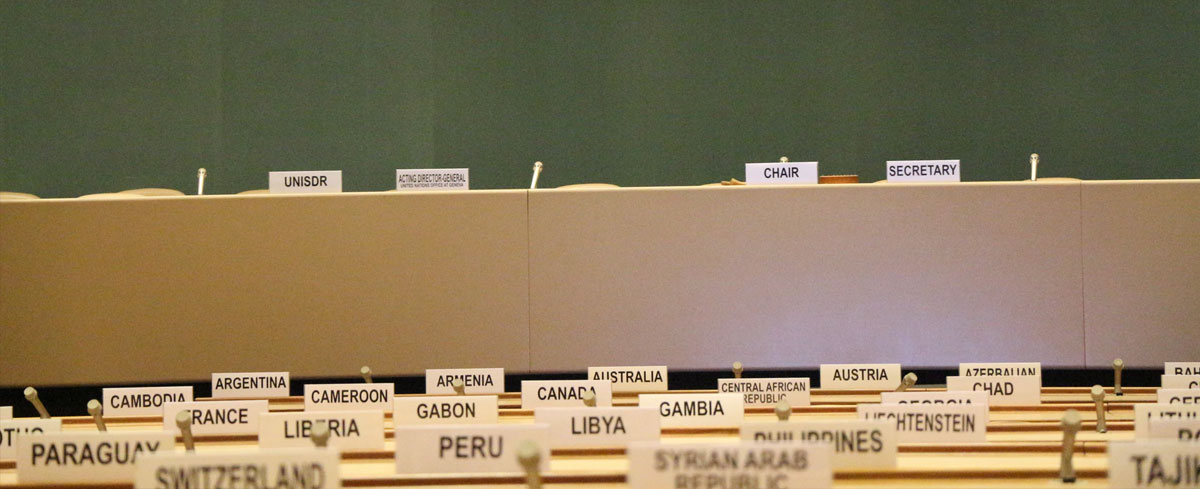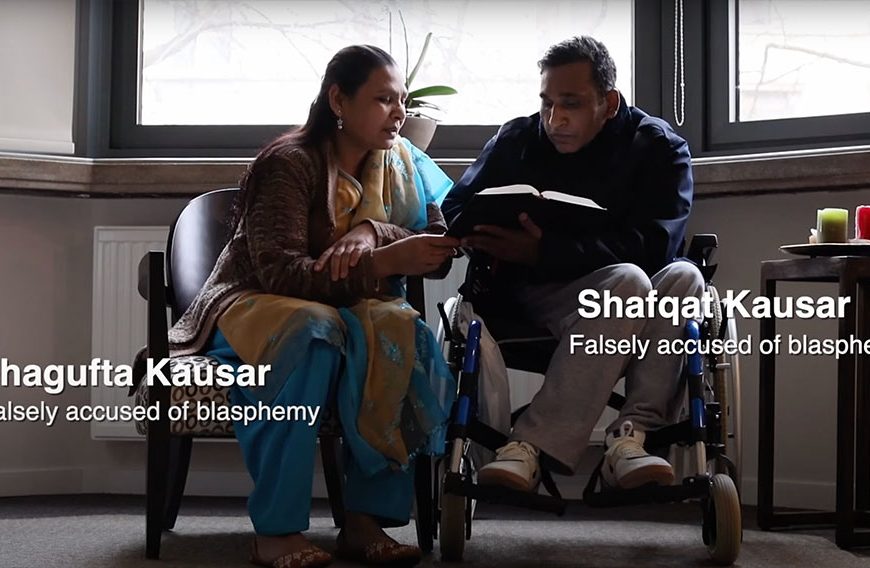Here’s more evidence of how extreme environmentalist red tape is hurting Australians. Queensland bureaucrats disbanded a skilled volunteer RFS Captain Creek unit, after the unit’s leader, John Massurit, acted without first securing permission from bureaucrats to fight the Agnes Water Fire, in 2018.
According to The Australian’s Associate editor, Jamie Walker, government authorities argued that disbanding the unit wasn’t because Massurit’s team fought a fire. It was because of how Massurit chose to go about fighting the fire. During his unit’s defence of “Agnes Water, Massurit damaged a four-wheel-drive vehicle while rescuing three people from a broken down bulldozer, which was in the pathway of the fire. He then took to a QFES helicopter to direct water bombing”, which The Australian said, was ‘credited with halting the fire’ before it could trap, or do harm to the 2,000+ residents of the coastal Queensland town.
Although the decision’s primary motivation appears to be purely political, QLD’s Fire & Emergency Services, defended to the decision, stating that it was based on an audit which found the unit “could no longer provide an effective, safe and sustainable fire and emergency service response.”
Queensland bureaucrats advised Massurit, a volunteer with up to twelve years of experience in the field, that he “faced a long line of misconduct allegations including 1. Causing unnecessary damage to an RFS vehicle; 2. Improperly commandeering a helicopter; 3. Lighting unauthorized fires for back burning; 4. Unnecessarily calling in “expensive” aerial tankers; and 5. Historic misuse of finances.” Despite the life-saving outcomes of his decisive actions in 2018, the RFS unit leader was “disqualified from his leadership role”.
Massurit challenged the decision, and an independent ruling only upheld three of the allegations: ‘the damage to the vehicle, using a helicopter without permission’ and as The Australian, noted, ‘that he failed to comply with a direction to leave a fire ground for fatigue management’, even though he was on his own property.
As a result, the majority of Massurit’s 49 strong volunteer RFS unit was unable to participate in fighting the 2019 fires. Instead, the unit found themselves the victims of heavy-handed, inner-city environmental bureaucrats.
Massurit’s frustrated unit was left dumbfounded by the decision. Second officer, Jim Greer, stated, “why they would want to get rid of John Massurit, I have got no idea. He knows more about bushfires than those pencil-pushers ever will. The RFS seemed determined to get rid of him.”
Greer is probably right. Massurit’s been an outspoken opponent to some of QLD Labor’s QFES’ policies and procedures. As early as 2015 he was pushing to have RFS personnel “put on the same equal footing as their paid colleagues” with regards to work cover and compensation for injuries. In 2017, Massurit also spoke out against a “one size fits all” approach to hazard reduction. He joined Justin Choveaux, then general manager of Rural Fire Brigades Association Queensland, in criticising the current extreme environmentalist red tape:
The State Government encourages resilient communities by asking households to be prepared for danger, but if a family are not allowed to make their own home defendable, how can we build a resilient community? The only options are trying to defend an undefendable space and that puts yourself at risk or you clear around the property while the fire is heading your way and that is very dangerous. Being at imminent risk is the only time this extra vegetation clearance is legal.
Massurit agreed, stating that “the well-being and resilience of the community can only happen with a commonsense attitude towards clearing.”
An example of how this extreme environmentalist red tape is hurting Australians, happened during the fires of 2018, when a 21-year-old man was killed at Rolleston, West of Gladstone (the same region as Agnes Waters), trying to create a fire break on his family’s property. While the Labor Premier was sympathetic and stood in solidarity with the family on social media, this is a tragedy that could have been avoided.
Reducing heavy combustible loads in the bush eliminates the need for homeowners to risk their lives in a frantic rush to secure homes during a bushfire, because of overbearing bureaucratic restrictions on hazard reduction.
Post-2019, in addition to any investigations into the higher than usual incidents of arson, there needs to be a serious review of current hazard reduction laws. Instead of sidelining leaders like John Massurit, authorities should be consulting with them, developing better prescriptions and procedures for bushfire prevention and preparedness. Instead of putting on a pony show, and placating apocalyptic climate change politics, with heart-in-hand for all to see, governing bodies should be listening to the people of the land, those with experience, who have a greater understanding about the lay of the land than inner-city office dwellers do.
It’s obvious those governing bodies are aware of the cost on the environment and human lives. As evidenced by the ‘Central QLD Bushfires Recovery Plan 2018-2021.’ The Labor Government is aware of the disastrous cost in lives, infrastructure and the environment that bushfires present. The problem is the ideological lens through which Labor-Green governments view as the cause of bushfires. Rather than doing what leaders do, these governments tilt at “climate change” windmills, acting all innocent, blaming external factors, rather than focusing on reviewing policy and procedure, and coming up with pragmatic prevention solutions.
So why won’t they step up? The simple answer is power. Fuelling the prevailing “apocalyptic climate change” hypothesis not only gives a get-out-of-gaol free card for Labor-Green cabals; it creates a collect $200 when you pass “Go” revenue stream.
Directing the public’s attention away from important questions, by labelling critics as “climate change deniers” who don’t “believe the science”, politicians can use the ideology to evade fair, and just criticism, of failed forest management laws, based solely on their adherence to a fear fuelled politically charged Leftist, rank and file “apocalyptic climate change” narrative. The authorities appear to see no immediate approval ratings, and therefore no political profit in allowing families to make their homes defendable.
Governments who choose instead to punish, repress, or silence those who have had the courage to challenge life-threatening legislation, highly influenced by the inner-city popularity of the Greens and their policies, particularly in regards to a climate change apocalypse, should be promptly shown the door. The politicians who choose this path have more of an eye on their egos, and maintaining popularity with faceless power brokers via backroom deals than they do the populations these politicians are paid to serve.


















